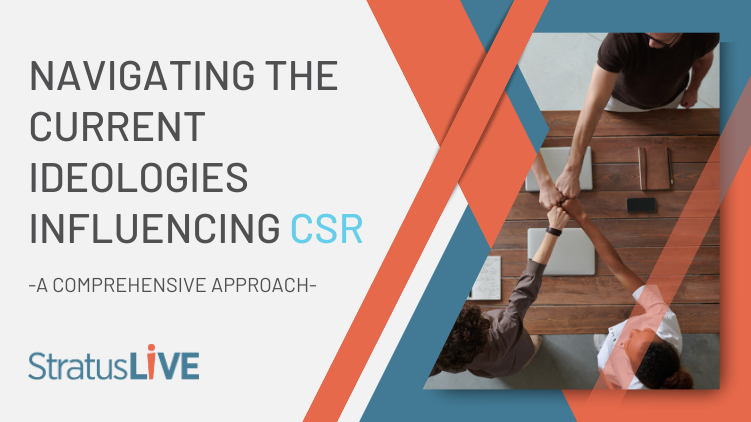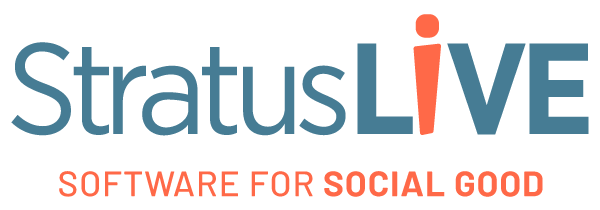
Corporate Social Responsibility (CSR) has evolved beyond traditional philanthropy, becoming a strategic imperative for businesses across the globe. This evolution reflects a shift towards strategic partnerships that align closely with the company's core business and their nonprofit's mission.
Transitioning from Traditional to Integrated CSR Partnerships
Traditional CSR initiatives such as grant funding, employee engagement programs, cause marketing campaigns, and advocacy, are still vital. However, there's a growing trend towards more integrated approaches. This includes strategic alignment with business goals, data-driven impact measurement, incorporating Sustainable Development Goals (SDGs), and increased transparency and reporting .
The Rise of Interconnectivity and CSR as a Core Business Strategy
Today's CSR landscape is guided by two primary ideologies: the rise of interconnectivity and integrating CSR into the core business strategy. Interconnectivity emphasizes tackling environmental, social, and economic challenges collectively, involving consumers, businesses, nonprofits, and government. Aligning CSR with business goals ensures that social impact is intertwined with financial success, making CSR an integral part of business resilience .
Shared Purpose in Corporate-Nonprofit Partnerships
A significant concept in modern CSR is shared purpose, which ensures that both corporate and nonprofit entities actively participate in driving transformative change. By defining individual goals and developing a common vision, partnerships based on shared purpose build trust and lead to more strategic, impact-oriented engagement models. This approach moves beyond transactional relationships to create long-term value and sustainability .
Technological Influence in CSR Strategies
The role of technology in CSR cannot be understated. Systems for effective data management and reporting, as well as platforms for employee volunteering and giving, are crucial.
A powerful CRM system such as StratusLIVE 365 allows nonprofits to manage their programs and track outcomes. These results can be shared with corporate partners to calculate their SROI (social return on investment) and include within their CSR reports. Nonprofits can also showcase these results within their annual reports to gain donor trust and increase transparency.
With a modern CSR platform like Give at Work, nonprofits can enhance the overall donation experience, making it effortless and more engaging for employees to contribute. By supporting innovative fundraising techniques, such as incentives, matching gifts, and suggested giving levels, nonprofits offer more engaging and personalized donor experiences that lead to more successful fundraising outcomes. These systems can also be tailored to offer campaigns that align with specific corporate values and goals.
Real-time data and reporting capabilities, augmented with AI analytics, are fundamental within these platforms. They provide key metrics on donations and volunteer efforts, enabling continuous monitoring and evaluation of CSR initiatives' effectiveness. This level of detail and immediacy in reporting is instrumental for both nonprofits and their corporate partners in measuring the true impact of their combined social good efforts.
Integrating these innovative tools allows organizations to set a solid foundation for success in their CSR efforts, aligning corporate and nonprofit goals for a greater societal impact.
Conclusion
The current ideologies influencing the CSR space signify a transformative period for corporate and nonprofit collaborations. As we move towards a future where CSR is deeply embedded in the fabric of business operations, the need for strategic alignment, shared purpose, and technological innovation becomes increasingly crucial. Understanding and adapting to these shifts is essential for any organization aiming to make a substantial impact through its CSR initiatives.






